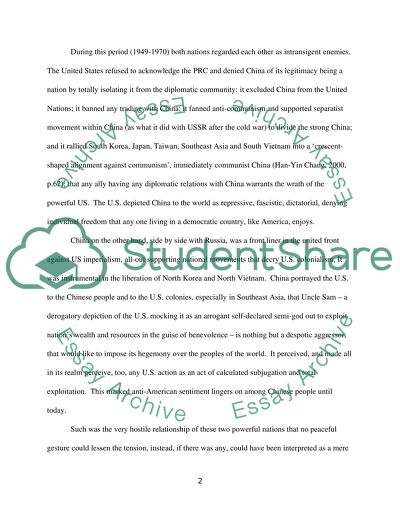Cite this document
(“Relationship between China and the United States Case Study”, n.d.)
Retrieved de https://studentshare.org/politics/1516950-relationship-between-china-and-the-united-states
Retrieved de https://studentshare.org/politics/1516950-relationship-between-china-and-the-united-states
(Relationship Between China and the United States Case Study)
https://studentshare.org/politics/1516950-relationship-between-china-and-the-united-states.
https://studentshare.org/politics/1516950-relationship-between-china-and-the-united-states.
“Relationship Between China and the United States Case Study”, n.d. https://studentshare.org/politics/1516950-relationship-between-china-and-the-united-states.


